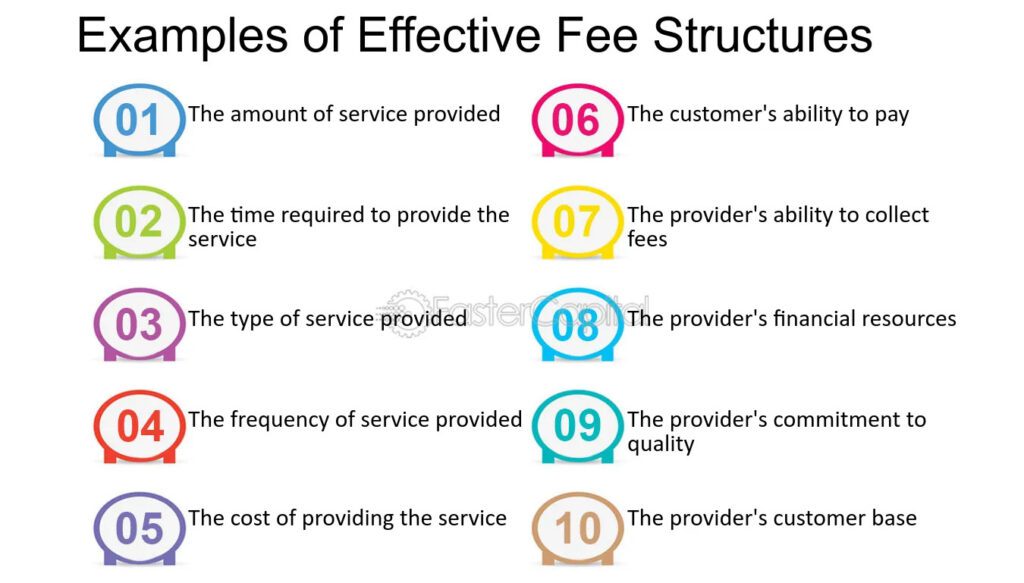
Tbilisi state Medical University Fees Structure
Tbilisi State Medical University (TSMU) is a prestigious institution located in Tbilisi, the capital city of Georgia. Established in 1918, TSMU has a rich history and is renowned for its commitment to excellence in medical education, research, and healthcare services.As one of the oldest and largest medical universities in Georgia, TSMU offers a wide range of undergraduate, graduate, and postgraduate programs in various medical and healthcare-related fields. These programs include medicine, dentistry, pharmacy, nursing, public health, and more. The university’s curriculum is designed to provide students with a comprehensive understanding of medical theory, practical skills, and clinical experience through rotations in affiliated hospitals and clinics.TSMU boasts a highly qualified faculty comprising experienced medical professionals, researchers, and educators who are dedicated to teaching, research, and patient care. The university’s modern infrastructure, well-equipped laboratories, and teaching hospitals provide students with opportunities for hands-on training and research in state-of-the-art facilities.
Tbilisi State Medical University History
Tbilisi State Medical University (TSMU) has a rich and illustrious history that dates back to its establishment in 1918. Here’s an overview of the key milestones in the history of Tbilisi State Medical University:
1. Foundation: TSMU was founded on February 8, 1918, as Tbilisi Medical Institute. It was established during a period of significant social and political changes in Georgia, following the Russian Revolution of 1917.
2. Early Years: In its early years, Tbilisi Medical Institute emerged as a leading medical institution in the region, attracting students and faculty members from across Georgia and beyond. The institute offered high-quality medical education and played a vital role in addressing the healthcare needs of the local population.
3. Expansion and Development: Over the decades, Tbilisi Medical Institute underwent expansion and development, adding new academic programs, research facilities, and teaching hospitals to its infrastructure. The university continued to grow in stature and reputation, becoming a center of excellence in medical education and research in the Caucasus region.
4. Name Changes: Throughout its history, TSMU underwent several name changes to reflect its evolving status and mission. It was renamed Tbilisi State Medical Institute in 1930 and later became Tbilisi State Medical University in 1992, following the dissolution of the Soviet Union and the establishment of an independent Georgia.
5. Modern Era: In the present day, Tbilisi State Medical University stands as one of the leading medical institutions in Georgia and the wider region. It offers a comprehensive range of undergraduate, graduate, and postgraduate programs in various medical specialties, including medicine, dentistry, pharmacy, nursing, and public health.
6. Global Recognition: TSMU has earned recognition and accreditation from reputable international organizations, ensuring that its degrees are widely accepted and respected worldwide. The university maintains collaborations and partnerships with universities, research institutions, and healthcare organizations globally, facilitating student and faculty exchanges, joint research projects, and academic initiatives.
Throughout its history, Tbilisi State Medical University has remained committed to its mission of providing high-quality medical education, conducting groundbreaking research, and serving the healthcare needs of the Georgian population and beyond.
Tbilisi State Medical University Campus
Tbilisi State Medical University (TSMU) campus is located in the heart of Tbilisi, the capital city of Georgia. While I can’t provide a detailed layout of the campus, I can offer a general overview of what you might expect:
1. Main Campus: The main campus of TSMU is situated in a central location in Tbilisi, easily accessible by public transportation. It comprises various buildings dedicated to academic, administrative, and research purposes.
2. Academic Buildings: The campus houses academic buildings where lectures, seminars, and practical sessions take place. These buildings are equipped with classrooms, lecture halls, laboratories, and libraries stocked with medical literature and research materials.
3. Teaching Hospitals: TSMU has affiliations with several teaching hospitals in Tbilisi, where students receive clinical training and hands-on experience. These hospitals are an integral part of the campus and provide opportunities for students to interact with patients under the guidance of experienced healthcare professionals.
4. Research Facilities: The university campus may include research facilities and laboratories where faculty members and students conduct medical research across various disciplines. These facilities are equipped with state-of-the-art equipment and technology to support cutting-edge research initiatives.
5. Student Amenities: TSMU campus likely offers various amenities to support student life, including cafeterias, recreational areas, sports facilities, and student accommodation options. These amenities contribute to creating a vibrant and conducive environment for learning and personal development.
6. Green Spaces: Like many university campuses, TSMU may feature green spaces, gardens, and outdoor seating areas where students can relax, socialize, and enjoy the natural surroundings between classes.
While specific details about the TSMU campus layout may vary, the university’s facilities are designed to provide students with a comprehensive and enriching educational experience, combining academic excellence with practical training and research opportunities.
Tbilisi State Medical University Fees Structure
As of my last update, the specific fee structure for Tbilisi State Medical University (TSMU) may vary depending on the program, nationality of the student, and other factors. However, I can provide a general overview of the fees typically associated with studying at TSMU:
1. Tuition Fees: The tuition fees for international students at TSMU can vary depending on the program of study. Generally, medical programs tend to have higher tuition fees compared to other disciplines. The fees may also differ for undergraduate and postgraduate programs.
2. Registration Fees: TSMU may require students to pay a registration fee upon admission or enrollment. This fee covers administrative costs associated with processing applications and maintaining student records.
3. Accommodation Fees: TSMU may offer on-campus accommodation options for students, which come with additional fees. The cost of accommodation can vary depending on factors such as room type, facilities provided, and location.
4. Other Fees: Students at TSMU may also need to budget for additional expenses such as textbooks, study materials, laboratory fees, health insurance, and living expenses.
It’s important to note that fee structures and policies can change over time, so it’s advisable to check with the university directly or visit their official website for the most up-to-date information on tuition and other fees. Additionally, TSMU may offer scholarships, financial aid, or installment payment options to eligible students to help manage the cost of education.

